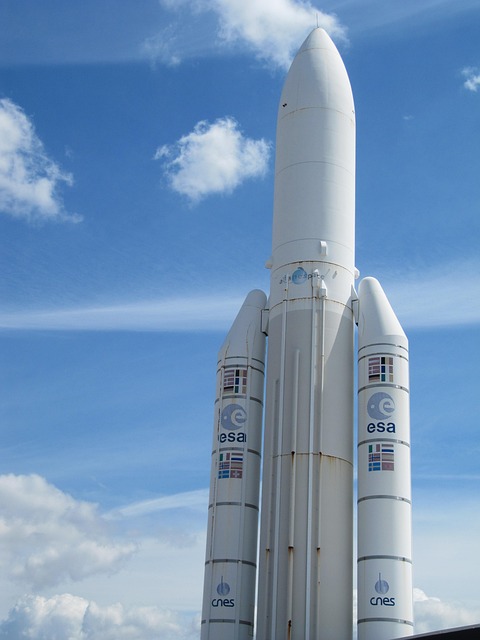Space Engineering Careers: A Comprehensive Salary and Career Path Guide for 2025
Curious about what space engineers earn today? These professionals—key players in designing spacecraft, satellites, and driving aerospace innovation—typically command strong salaries. Compensation varies by experience, location, and employer. Intrigued? Your cosmic career path may pay off handsomely.

What is the Average Salary Range for Space Engineers?
Space engineers typically earn competitive salaries that reflect their specialized expertise and educational requirements. Entry-level positions generally start between $65,000 and $85,000 annually, while mid-career professionals with 5-10 years of experience often earn $95,000 to $130,000. Senior-level space engineers and those in management positions can command salaries exceeding $150,000 per year.
How Do Experience and Location Impact Space Engineering Salaries?
Geographic location significantly influences space engineering compensation. Areas with high concentrations of aerospace companies, such as California, Texas, and Florida, tend to offer higher salaries. However, these locations often have higher living costs that offset the increased wages. Experience levels also play a crucial role:
-
Entry Level (0-3 years): $65,000 - $85,000
-
Mid-Level (4-8 years): $85,000 - $130,000
-
Senior Level (9+ years): $130,000 - $180,000
-
Principal/Lead Engineer: $150,000 - $200,000+
What Factors Determine Space Engineer Compensation?
Several key factors influence space engineer salaries:
-
Educational background (Bachelor’s, Master’s, Ph.D.)
-
Security clearance levels
-
Specialized technical skills
-
Project management experience
-
Industry certifications
-
Employer type (government, private sector, research institutions)
Which Organizations Typically Employ Space Engineers?
Major employers of space engineers include:
| Organization Type | Typical Salary Range | Additional Benefits |
|---|---|---|
| NASA | $72,000 - $170,000 | Federal benefits, research opportunities |
| Private Aerospace Companies | $80,000 - $200,000 | Stock options, performance bonuses |
| Defense Contractors | $75,000 - $180,000 | Security clearance premiums |
| Research Institutions | $65,000 - $150,000 | Academic benefits, research funding |
Prices, rates, or cost estimates mentioned in this article are based on the latest available information but may change over time. Independent research is advised before making financial decisions.
What Skills Command Higher Salaries in Space Engineering?
Engineers with expertise in emerging technologies often command premium salaries. High-demand skills include:
-
Artificial Intelligence and Machine Learning
-
Advanced propulsion systems
-
Satellite technology
-
Space habitat design
-
Autonomous systems
-
Advanced materials science
It’s important to note that salary ranges and job opportunities in space engineering can vary significantly based on market conditions, funding availability, and technological advances. While the field offers promising career potential, specific positions and compensation packages depend on numerous factors including individual qualifications, employer requirements, and available opportunities at any given time.
Prospective space engineers should conduct thorough research, gain relevant qualifications, and maintain realistic expectations about job availability and compensation in this competitive field. Professional networking, internships, and continuous skill development are essential for career advancement in space engineering.




